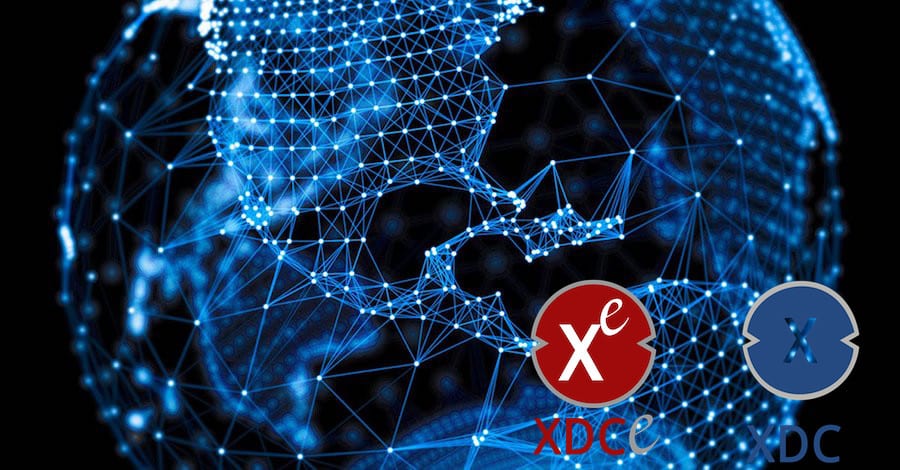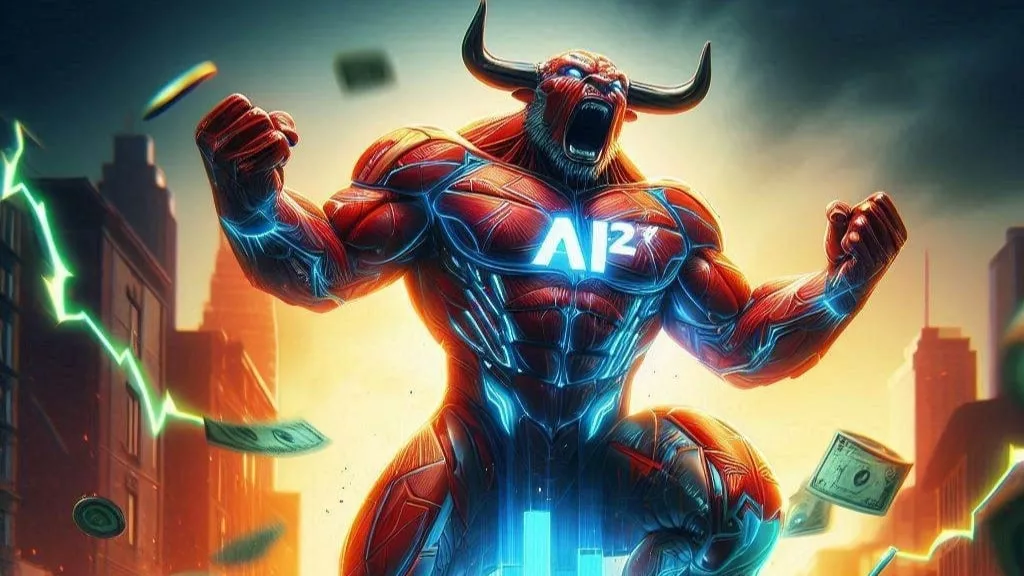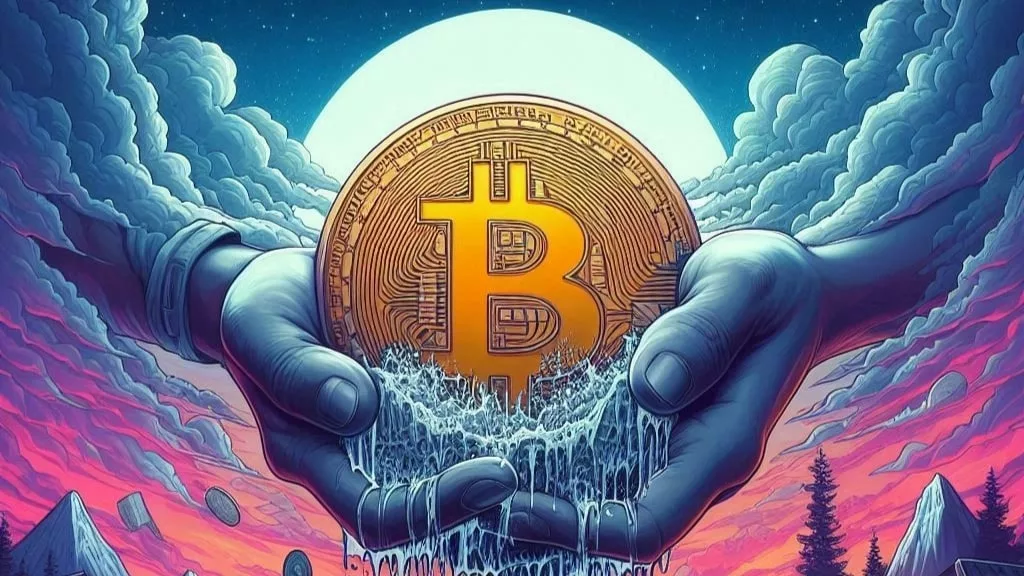
Blockchain technology and cryptocurrency such as Bitcoin made many news these past few years. It appears like, each week, there’s another headline advertising an upcoming revolution or downplaying the new technology as a fad with some long-term prospects. If you are not familiar with blockchain or you are still establishing an opinion, let this post make a case for the uprising.
Formula for Disruption
Why do people trust doing business with a corporation? Everyone trusts their biggest retailers to accomplish their purchases to deliver services and goods. Everybody trust their banks to guarantee their account balance is right and transfers are free of fraud and verified. The systems such as corporations have in place establish the trust.
For instance, anti-fraud systems, regulations, and services which confirm transactions all play a crucial role in guaranteeing businesses. Credit card corporations are an example of a third party which charges a fee on every purchase to confirm and settle consumer credit. Generally, all of those third parties serve as an intermediary and offer their services for a charge on every transaction.
In fact, the number of transactions in the worldwide economy is mind-blowing. Global retail sales are above $20 trillion every year, and the GWP is more than $100 trillion. Thus, huge numbers of transactions and deals utilize middleman and their verification services to operate trusted businesses.
However, what would happen if there were more affordable and quicker ways to confirm deals in the economy? When substitutes happened, the savings would be in the trillions of dollars. For instance, online payment gateways obtain many billions by adding over 2.9% of every transaction.
In comes the blockchain tech.
The blockchain is a decentralized system for recording trustworthy transactions without an intermediary. Through the power of cryptography, every transaction is connected to one another and shared within a network of computers.
The impact of the blockchain concept is evident. Through the technology, businesses could save many and deliver services quicker. Particularly, they could:
A good example of this is the XinFin platform. XinFin (XDCE) is committed to connecting the global infrastructure deficit that’s in the region of $5 trillion. XDC tokens work to help low costs and varieties of infrastructure development across the globe in a step-by-step procedure.
Adoption of blockchain tech can add trillions of dollars in saving to the worldwide economy. In such early days, a few platforms are similar to a replacement for intermediary services. Meanwhile, you will find others that are genuinely decentralized, along with moderate adoption. That will inevitably disrupt the manner global businesses settle deals every day by offering them a way to eliminate bloated expenses and overhead.



Get the latest Crypto & Blockchain News in your inbox.